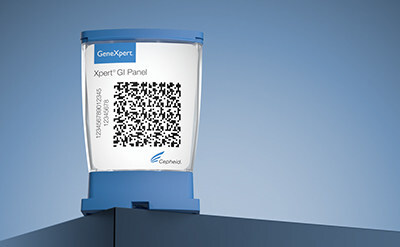Purdue Pharma-held patents for its popular painkiller, OxyContin, have been invalidated based on a US Federal Circuit Court of Appeals ruling on Monday. The decision could allow pharmaceutical companies like Teva Pharmaceuticals and Amneal Pharmaceuticals, to manufacture generic versions of the drug.
Connecticut-based drugmaker Purdue launched a lawsuit against both Teva and Amneal – along with the US branch of Mylan – after the companies applied for US Food and Drug Administration (FDA) approval for their generic versions of OxyContin. The federal appeals court ruling aligned with that made by other judges on the case, who were in favour of allowing the drugmakers to launch a generic version of the pain medication.
“Despite the court’s ruling, Purdue has several other patents protecting OxyContin, and we do not anticipate generic manufacturers selling the product in the near future,” said a statement released by Purdue following the ruling. The company also said they are considering what their next move should be.
While there are generic versions of the drug available on the market today, these are known as “authorized-versions” – those which are exactly the same as the branded drug, and have been given the go-ahead by Purdue. Of the four patents invalidated in the ruling, three were related to a new-and-improved formulation of the active ingredient in OxyContin, oxycodone.
The fourth patent includes formulation information intended to prevent patients from abusing the drug. These measures include causing the pill to gel when exposed to water so it cannot be injected, and making the pills nearly uncrushable. These technologies are being licensed from Grunenthal GmbH – a German pharmaceutical company.
U.S. District Judge Sidney Stein found in favour of Teva in 2014, by ruling that Purdue’s patents “did not add enough to what was already known.” Stein also dismissed the lawsuits against the other generic drugmakers. Purdue appealed all four cases and brought it to the Federal Circuit court.












Join or login to leave a comment
JOIN LOGIN